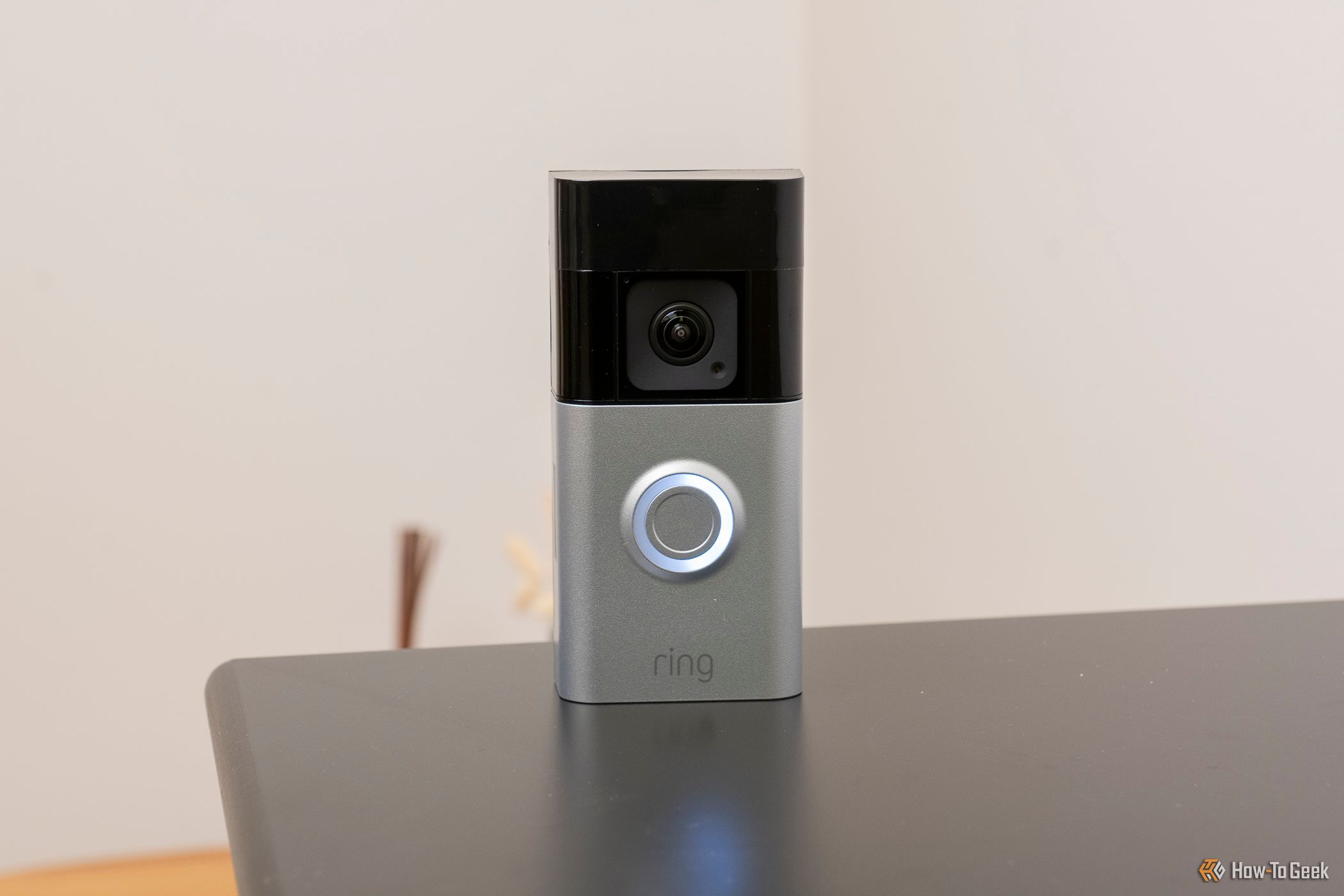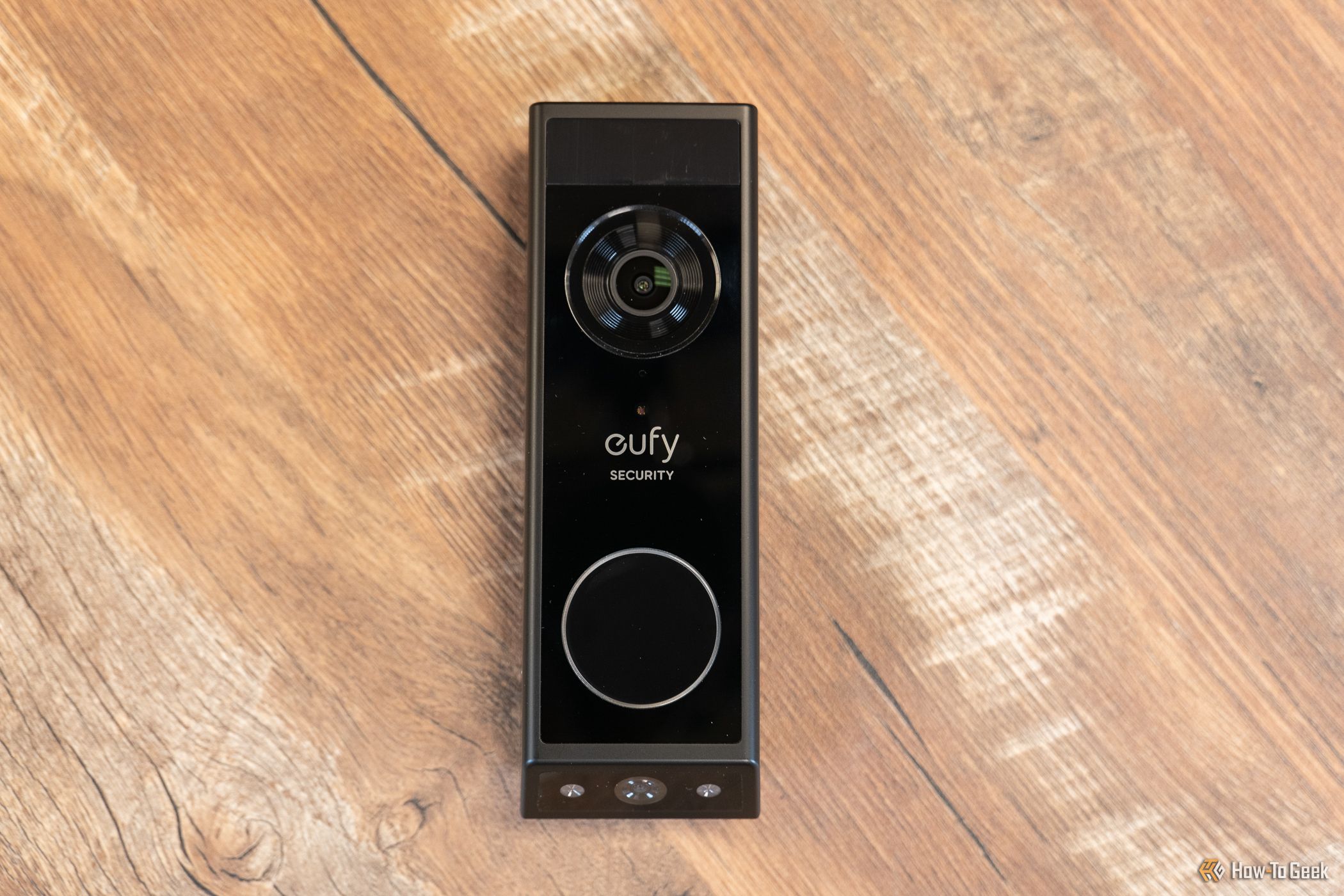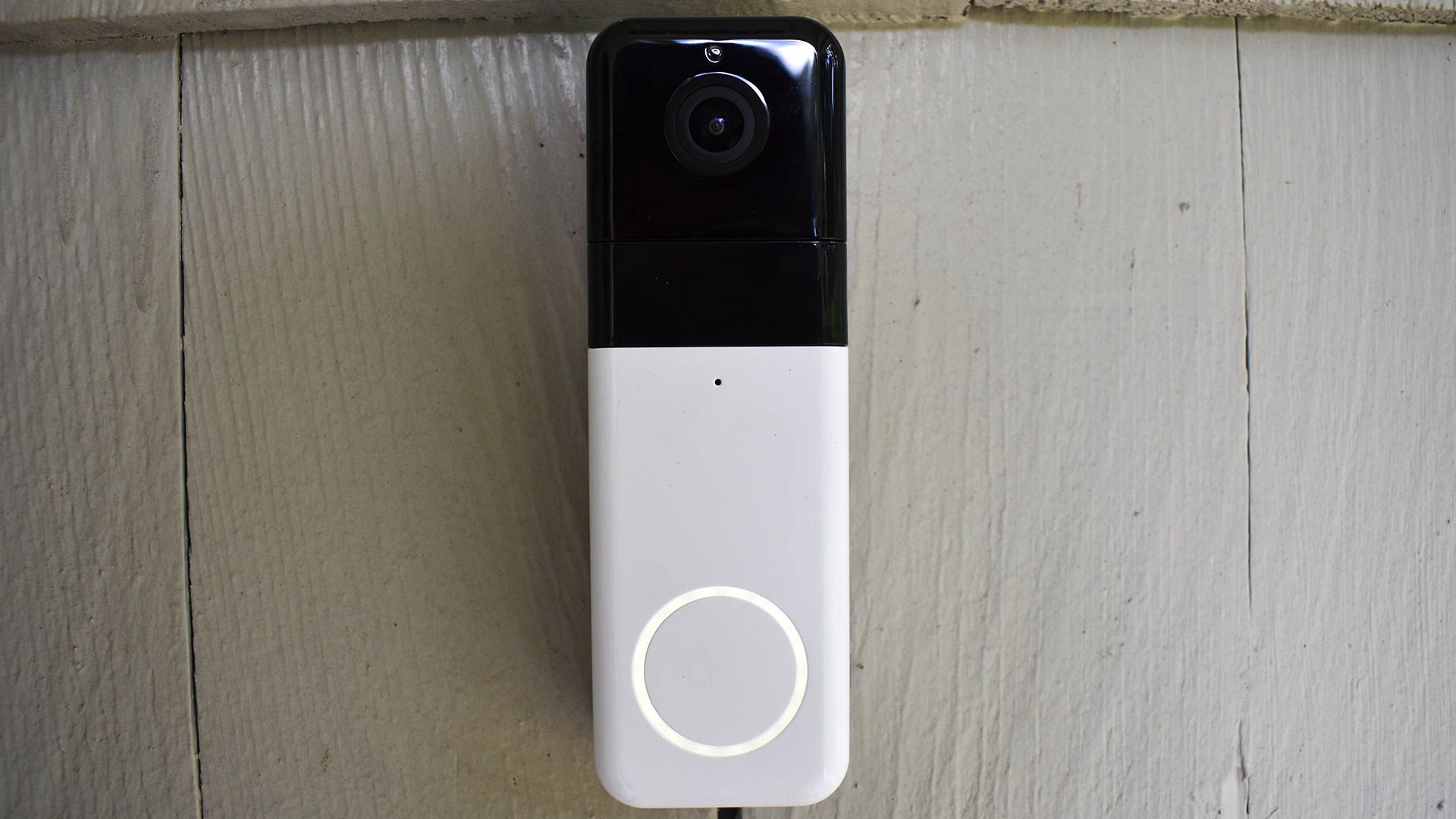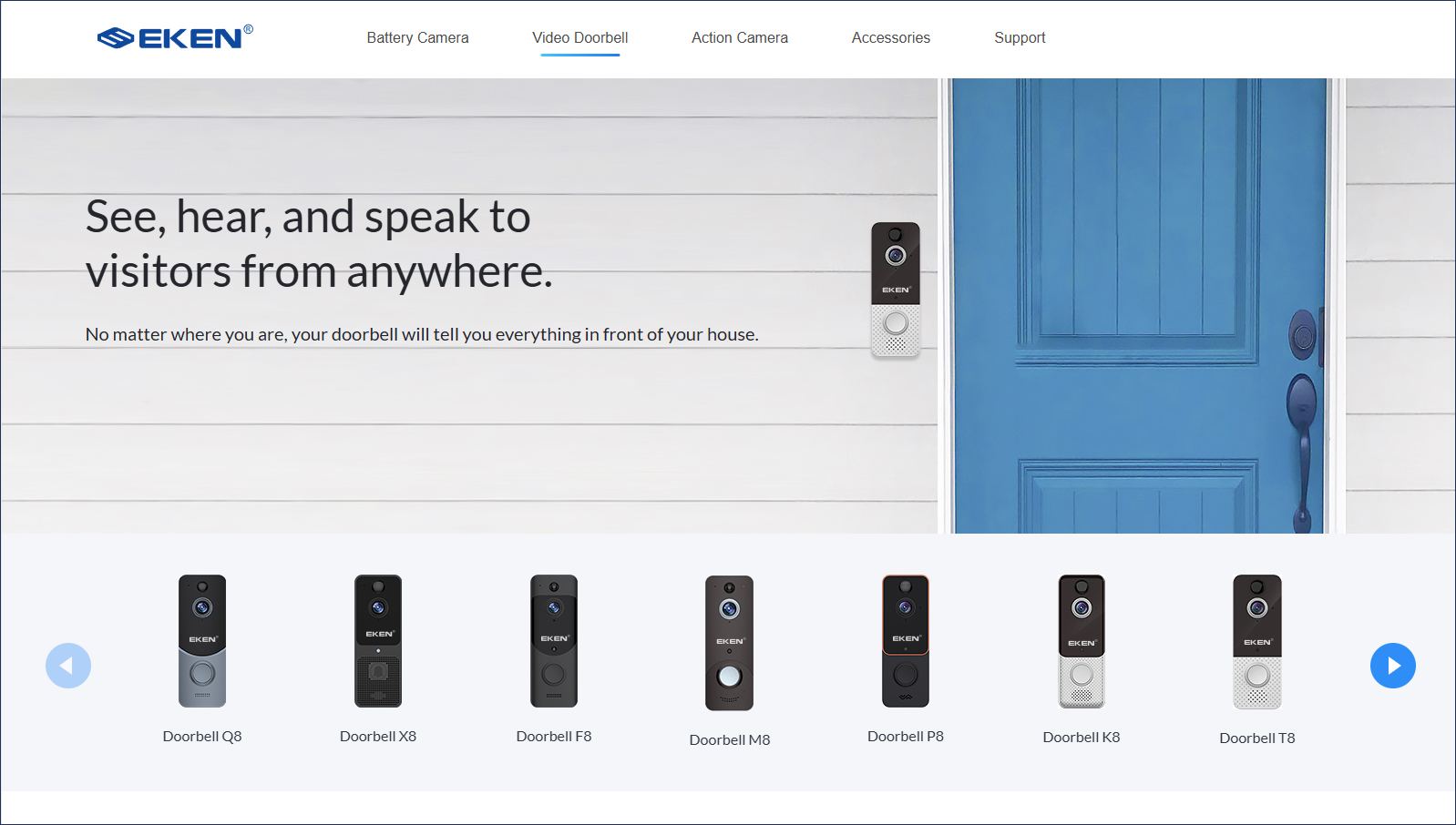Smart doorbells offer a sense of security, allowing you to see who’s at your door from anywhere. But this convenience can come at a cost—your privacy. It’s important to be aware that some brands have less-than-stellar track records when it comes to protecting your data.
Putting a 24/7 camera at your front door has some inherent risks, but you don’t have to sign away your privacy to have one. Unfortunately, many of the most popular smart doorbell brands present some major privacy concerns. Here’s a rundown of things you should know.
Ring
We’ll start with Ring, who pioneered the smart doorbell space. Ring has built a close relationship with law enforcement agencies across the United States. While this might sound like a good thing, it means police can request footage from your Ring doorbell without needing a warrant. This raises some serious red flags about potential surveillance and overreach, especially for those involved in protests or other activities where privacy is crucial.
Beyond police partnerships, Ring has also been caught sharing user data with third-party trackers. Remember those targeted ads that seem to follow you around the internet? Data sharing could be contributing to that. And let’s remember the reports of Ring employees watching user videos and strangers accessing camera feeds (and speaking to children).
Eufy
Eufy has marketed itself as the privacy-conscious alternative in the smart home world. They emphasize local storage, leading you to believe your videos stay within your home network. However, that illusion was shattered in late 2022, when Eufy was caught uploading footage to the cloud. This vulnerability exposed user videos to unauthorized viewing, completely contradicting their privacy claims.
To make matters worse, Eufy handled the situation very poorly. The company initially denied the existence of any vulnerabilities, then went quiet for three weeks and deleted lines from its “Privacy Commitment.” Finally, it admitted to a security flaw in the Live View feature on the Web Portal. The whole thing left a bad taste in many user’s mouths and makes it hard to trust the company again.
Wyze
Wyze, known for its budget-friendly smart home devices, has had more than a few privacy and security issues in the past. In 2023, a significant security flaw was discovered in their security cameras. This allowed unauthorized access to users’ video feeds, with some reporting they could see live feeds from users’ cameras when they opened the Wyze app.
That all sounds pretty bad—and it is—but what’s even worse is it happened again just five months later. All of this has led many publications (including How-To Geek) to retract their recommendations of Wyze products. While they typically address these issues promptly with firmware updates, it raises questions about their initial security practices and the potential for future vulnerabilities.
Now, for a couple of brands that don’t have the same name recognition. Eken Group Ltd. is a company that manufactures video doorbells under various brands, including Eken, Tuck, Fishbot, Rakeblue, Andoe, and others. These budget-friendly options are often found at places like Amazon and Walmart. In early 2024, Consumer Reports uncovered some alarming security flaws in these devices.
The problem lies with the wireless communication protocols used by these doorbells. Many rely on older, less secure protocols that make them easier targets for cyberattacks. In some cases, the doorbells themselves were transmitting sensitive information like Wi-Fi network names and passwords in plain text, making them ripe for the picking.
Essentially, someone could easily hijack your doorbell simply by pressing its button and linking it to their own account on the Aiwit app (the app used by all these brands). And if that wasn’t enough, anyone with the doorbell’s serial number could access its images. This makes it incredibly vulnerable to widespread spying.
Eken Group eventually issued firmware updates to address these issues, but the initial lack of security makes it very difficult to trust them.
If you’re considering a smart doorbell, it’s really important to do your research. Look beyond the flashy features and consider the company’s privacy policy, data collection practices, and security track record. Choose a brand that prioritizes your privacy and offers strong encryption and regular security updates.







